How to Make Your Favourite Desserts Healthier
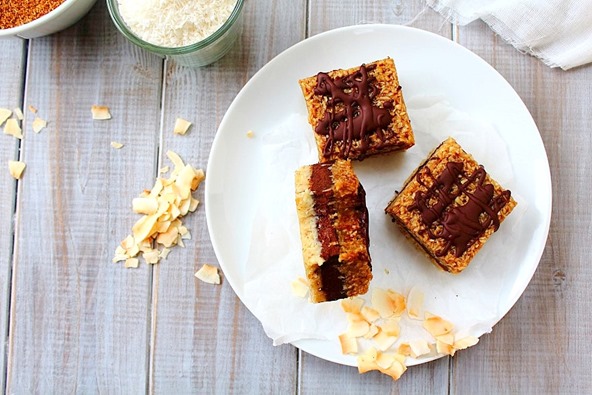
While dessert is many people’s’ favourite meal, the unhealthy aspects of most delicious desserts often cause people to steer clear of them. In addition to people just trying to be healthy, a large number of people struggle with dietary restrictions and can’t enjoy sweet treats for that reason. This sad reality doesn’t have to be the case though! There are so many healthy alternatives to med-blog.com oils, flours and sugars. This means desserts can be made healthy enough so that a little indulgence doesn’t have to be a battle with guilt! In this article we look at the three main categories in baked goods and suggest some healthier alternatives.
“There are substitutes for every ingredient. Taste doesn’t need to be compromised.”
Fats – Butter, Oil & Shortening
Puréed: fruit is a great substitute for oil, shortening, and even butter in baking. Two frequently used fruits are applesauce and bananas. Unsweetened applesauce also helps keep sugar down as well as providing a more mild flavour. Sub at a 1:1 ratio. Mashed bananas provide large amounts of potassium and will be more filling than oil. However, they have a strong essence when baking so make sure that the dish will benefit from a sweet and fruity flavour boost.
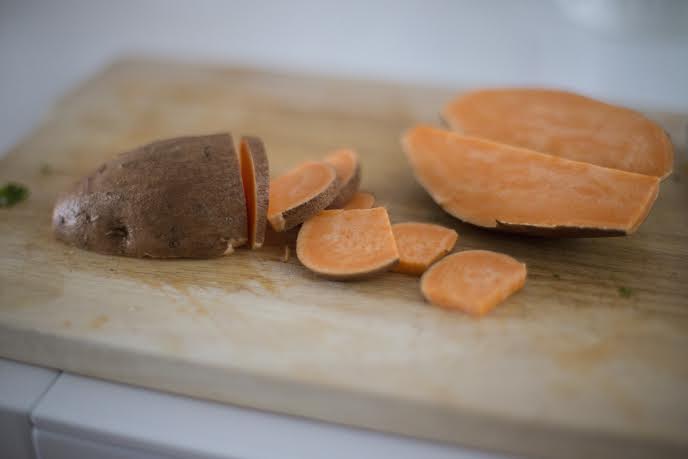
Coconut Oil: Coconut oil, containing medium chain triglycerides, is one of the healthiest fats around as it is actually helpful for weight loss and heart health. It also tastes great in many dessert recipes as a sweet nutty flavour can add a new aroma to a dish. Coconut oil is an all around great substitute, for both health and flavour, to other oils often called for in dessert recipes.
Bean Purée: Brownies are one of the best baked goods to use bean purée as a substitute for half the oil, butter, or shortening used. To avoid having a dry dish, purée the beans with a small amount of water to keep the brownies or cake moist. Black beans work especially well for brownies, though cannellini beans and lentils also both work well for this substitution.
Flour
Coconut Flour: Coconut flour is not only gluten free and low in carbs, but also is high in fibre and protein. It is also a natural sweetener, which requires less added sugar for recipes. However, coconut flour is dense and requires extra liquid to be used. Coconut flour is a superb substitute for baked goods, especially ones containing chocolate, because of the nutty flavour and natural sweetness it adds.
Tapioca Flour: Similarly to coconut flour, tapioca is a natural sweetener and thickener, so less sugar and extra liquid may need to be added in baking recipes. Tapioca flour is naturally low in fat, high in carbs, and also gluten free and paleo.
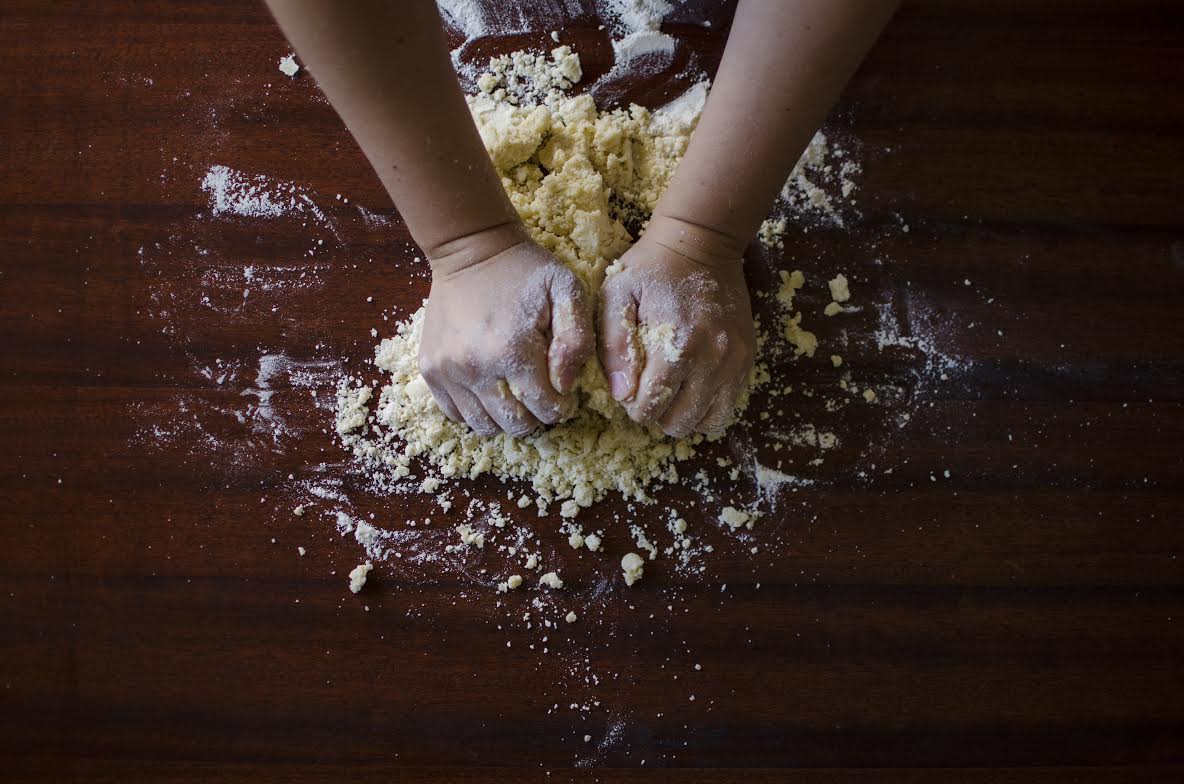
Almond Flour: Using almond flour in baking of muffins, cookies, and breads is a great way to enhance flavours and eat less. Almonds are full of healthy fats and protein so almond flour makes you feel full faster, which can also aid in weight loss. Additionally, almonds can help lower cholesterol and blood pressure.
Whole Wheat Flour: While not gluten free, whole wheat flour is still full of health benefits. Compared to white flour, whole wheat flour has substantially more fibre, helps lower blood sugar and cholesterol, and leaves you feeling fuller despite eating less. Some people do not like the taste of whole wheat flour, so consider using a mix of white and whole wheat flours at first and incrementally increasing the amount of whole wheat flour used until an ideal taste for recipes are struck.
[ninja_forms id=162]
Sugar
Honey: While processed honey is not much better than sugar, organic local raw honey is full of nutrients that often help with allergies. Also due to the intense natural sweetness of honey, not as much of it is needed in comparison to the specified amount of sugar. The specific ratio is dependent on the sweetness of the specific honey and how sweet the desired dessert should be.
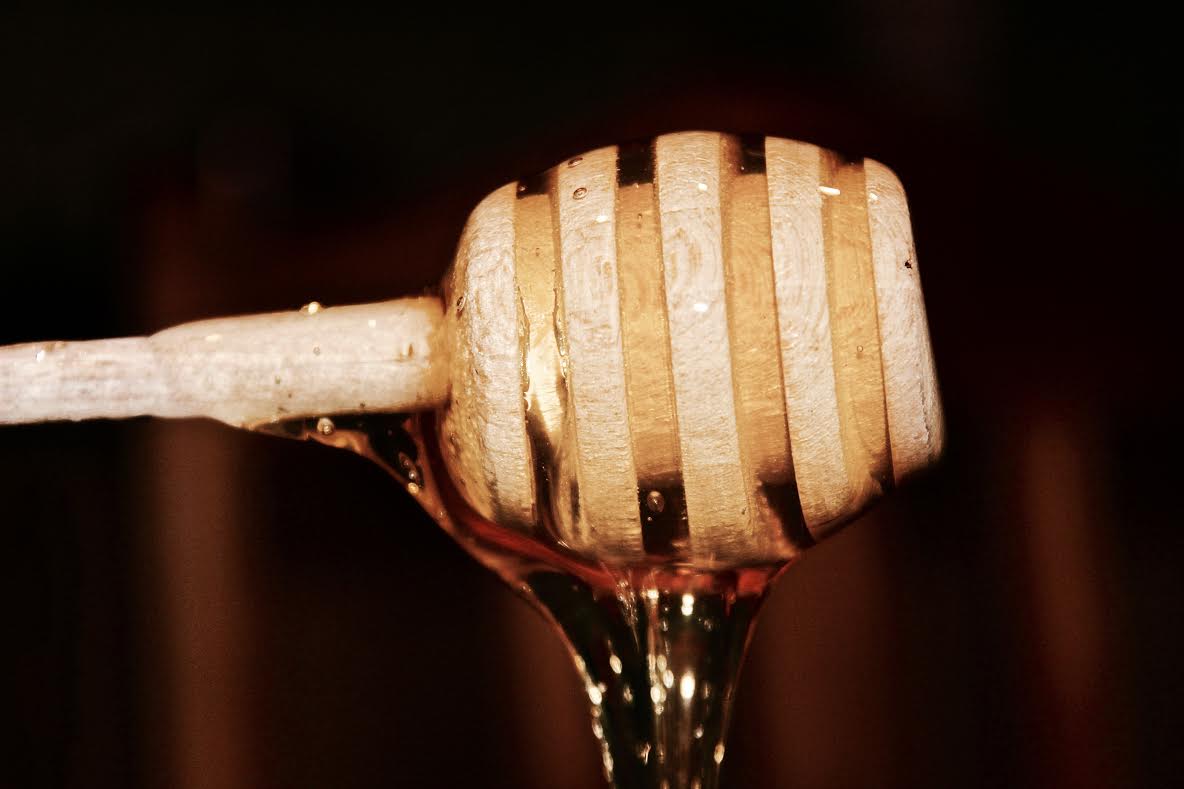
Agave Nectar: Similarly to honey, agave nectar is much sweeter than sugar so less needs to be used. Agave nectar has a lower glycemic than sugar, which makes it go into the bloodstream slower and helps avoid sugar crashes.
Molasses: Molasses is high in nutrients as a byproduct of the sugarcane refining process. Molasses has a strong flavour that works best in spiced baked goods that do not need to be overly sweet, such as gingerbread cookies. Sugar is sweeter than molasses, so using molasses for sickly sweet sugar cookies is not ideal. Molasses also pairs well with recipes that require whole wheat flours as well as spices.
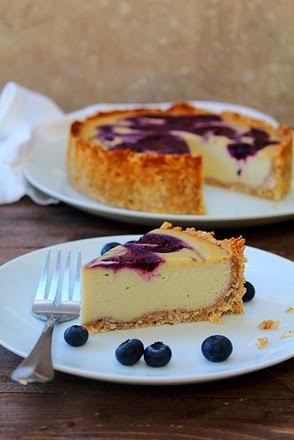
We understand it can be a daunting task to pick from a wide variety of alternatives, so here are two delicious desserts made without bland cooking oils, plain sugar, and white flour. Check out both the Peachy Palate and Aimee’s Appetite for more dietary restricted, healthy, but still scrumptious recipes!
Some Ideas To Get You Started
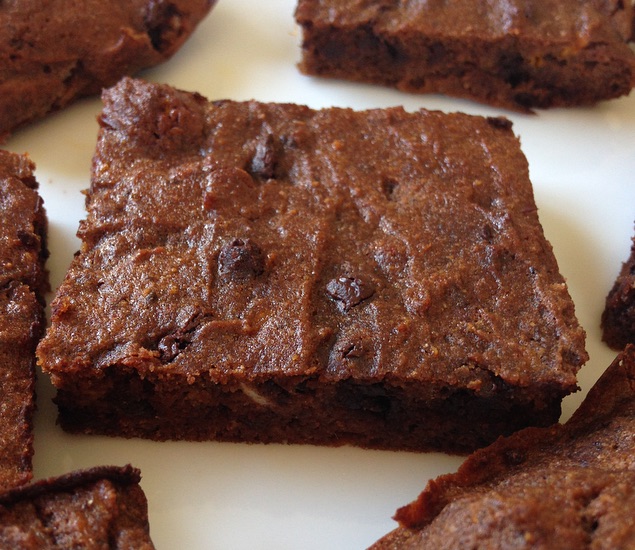 These rich brownies from Aimee’s Appetite are perfect for any chocolate lover!
These rich brownies from Aimee’s Appetite are perfect for any chocolate lover!
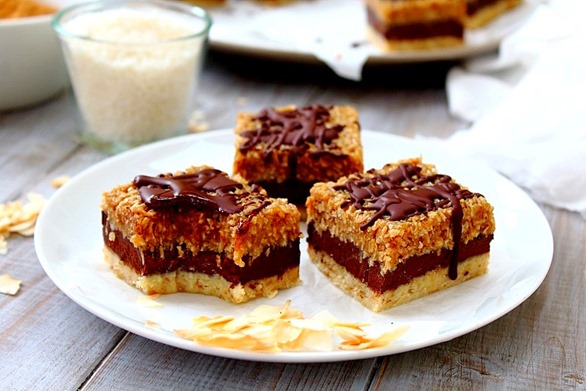 Who doesn’t love coconut, chocolate, and caramel? These Samoa Bars from Peachy Palate are a must-have!
Who doesn’t love coconut, chocolate, and caramel? These Samoa Bars from Peachy Palate are a must-have!
[ninja_forms id=162]
